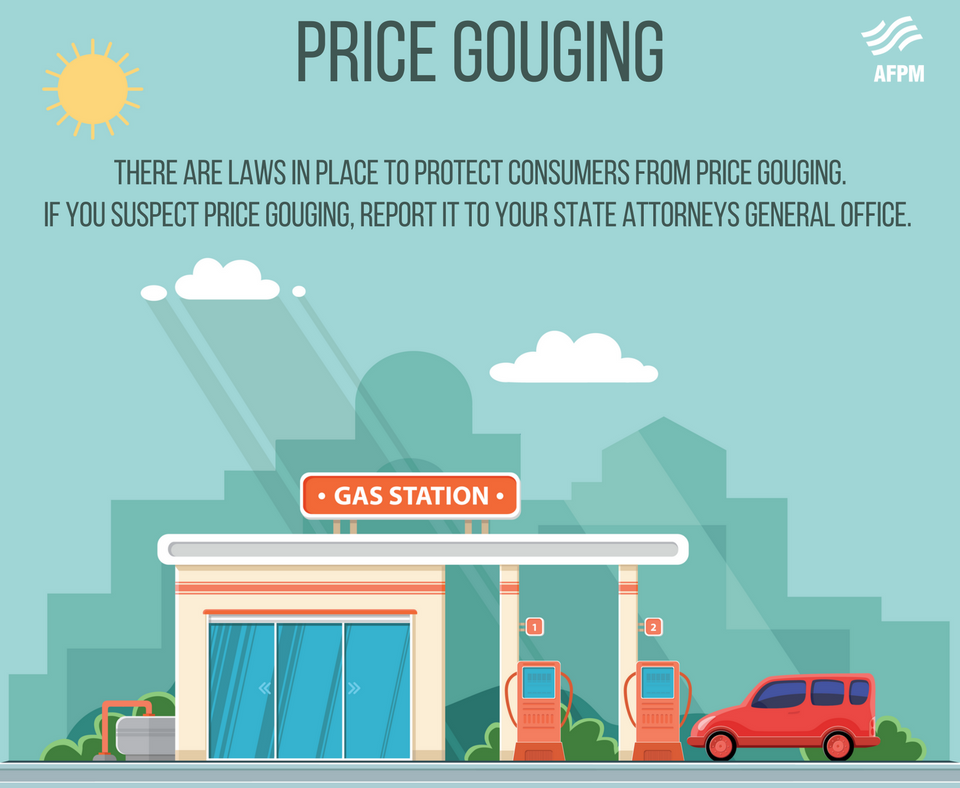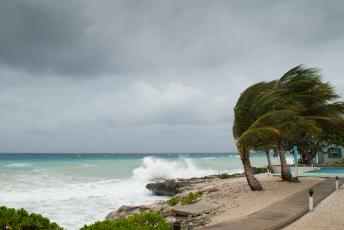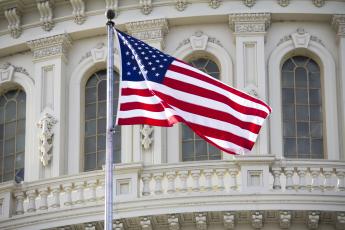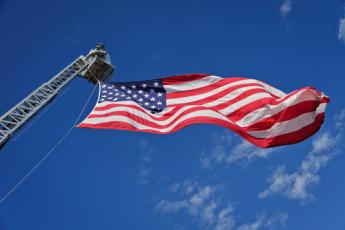Fuel supply restrictions resulting from hurricanes and other natural disasters, often lead to price increases as the market reacts to rebalance supply and demand. To protect consumers, many states have enacted price gouging laws that limit a merchant’s ability to raise prices during an emergency. Generally speaking, price gouging occurs when a seller increases the price of essential goods and services during an emergency to a level that is higher than what is considered “reasonable.” There is wide variability in state price gouging laws, but typically a 10 – 25% increase in the price of an essential commodity compared to the price charged during the month prior to the emergency triggers scrutiny under the law. Price gouging laws are enforced by the states’ attorneys general. Most state laws prohibiting price gouging focus on the following three factors: (1) a price deemed unfairly high; (2) an emergency situation; and (3) a product that is essential or useful in responding to the emergency. Many state laws permit the pass-through of higher wholesale costs while price gouging laws are in effect, as long as the seller’s margins do not increase. Individual state laws vary in their focus/emphasis of these factors. Here are a couple of examples to give you some flavor as to how states approach price gouging:
- Texas prohibits price gouging under its Deceptive Trade Practices-Consumer Protection Act, declaring it unlawful to “take advantage of a disaster declared by the Governor by“ selling fuel (or another necessity) “at an exorbitant or excessive price.” [Texas Code, Title 2, Chap. 17, §17.46(b)]
- Florida has a state of emergency law prohibiting “petroleum products” price increases that “grossly exceed” the average price charged during the 30-days prior to the declaration of a state of emergency. It is a defense to show that the price increase mostly reflects increased costs (transportation, hazard pay for workers). [Florida Stat. 501.160]
- In Louisiana, once a state of emergency has been declared, merchants may not grossly raise the price of products without good reason, prices may not exceed the prices ordinarily charged for comparable goods and services in the same market area at or immediately before the time of the state of emergency, unless the price by the seller is attributable to fluctuations in applicable commodity markets. Thus a merchant may increase their price during an emergency only if they incur a spike in the price of doing business. [La. Revised Stat. 29:732]
- California prohibits charging a price for gasoline more than 10 percent higher than the price charged prior to a declared state of emergency. The statute generally applies for 30 days after a declaration of emergency. If the seller can prove that the increased price is directly attributable to increases in the cost of labor or materials needed to provide the good or service, the seller may not be liable under the statue. [Cal. Penal Code sec. 396]
No one should take advantage of a natural disaster. Anyone who believes that a station is charging unreasonable prices for gasoline or diesel should contact their state’s attorneys general office. 


